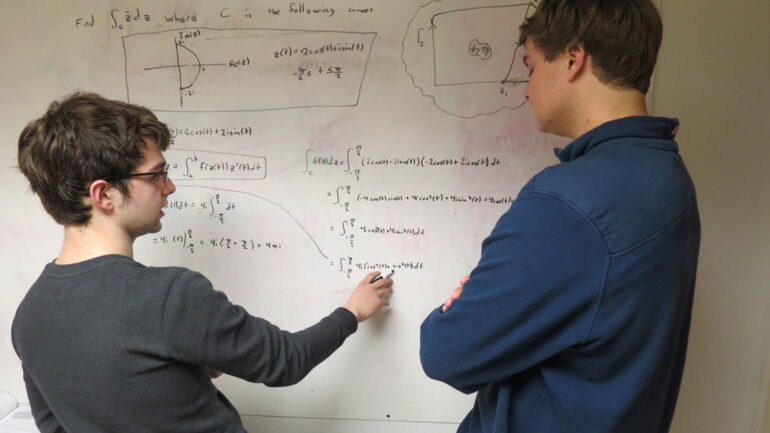Eva Ociepka suspected Maine School of Science and Mathematics would be a good fit for her high-school education, but she never guessed how much she would thrive. In her four years, the ambitious Belfast native served as vice president of the student senate, a resident advisor, founder of a book club, a student ambassador, and a member of the prom committee — all while playing for the school’s soccer and volleyball teams. She and 10 of her classmates even received an associate’s degree from the University of Maine at Presque Isle two weeks before her graduation this spring. Ociepka’s experience may sound extraordinary, but it’s not unique among the driven student population at MSSM, where all students are actively engaged in their classes and community.
MSSM was founded as a STEM-focused magnet school in Limestone in 1995 thanks to the foresight and dedication of the state legislature. Because MSSM is a public residential school, the state of Maine waives tuition for all in-state residents, who are responsible only for the cost of room and board. The 2024–2025 student body included 96 students from 78 cities and towns, with every county in Maine represented. The school’s total capacity is 130 — small enough to allow every student to know each other by name.
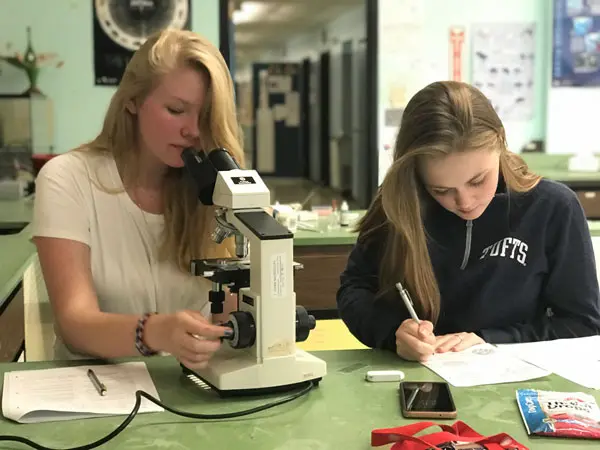
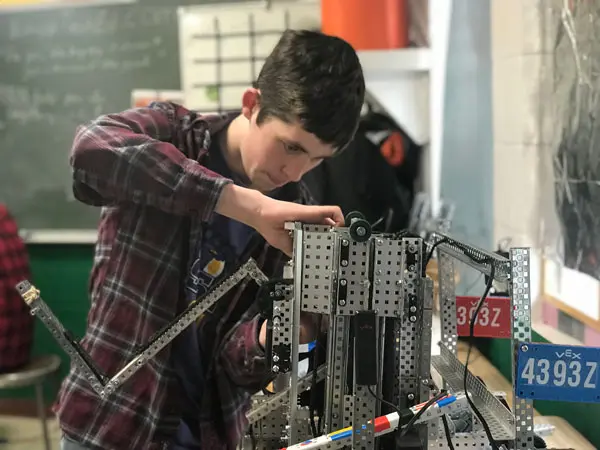
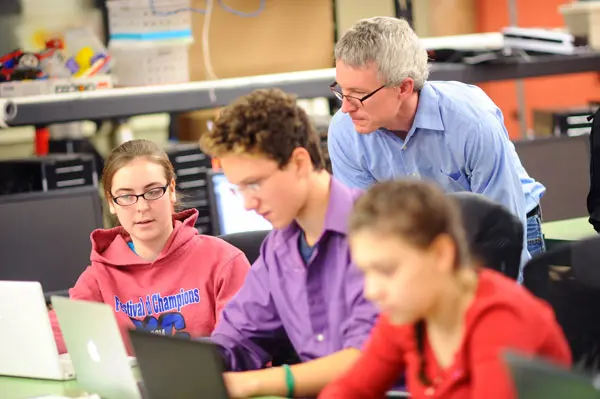
Rob Constantine joined MSSM as executive director in June of 2023 after a career in private boarding schools and higher-education institutions. “When I was working in boarding schools, I wished we could provide that kind of learning experience to every kid in the country,” Constantine says. “A very intentional, focused learning community is such a unique opportunity for kids.”
Many of MSSM’s students come from under-resourced school districts where they are not academically challenged. “One alum told me if they had stayed at their sending school, they probably would have been a disaffected valedictorian,” Constantine says. “We get a lot of kids who gravitate here because their academic appetite can’t be met where they currently are.” The school also attracts students who don’t feel valued as individuals in their current school. “We strive to create a place where kids feel very comfortable being themselves,” Constantine says.
Bright students who feel challenged in a traditional classroom setting also can excel at MSSM. “Our mainstream classes are designed to serve kids who come with both brilliance and some challenges,” Constantine says. “And they live here, so we are able to work with them on things like executive functioning throughout the day.”
The residential-life program is an integral part of the school’s educational philosophy, not merely a logistical solution to the school’s location. “We believe we teach as much in that setting as we do in the classroom,” Constantine says. Once a month, students return home for a long weekend, leaving Friday on school-provided transportation and returning the following Tuesday to resume classes Wednesday.
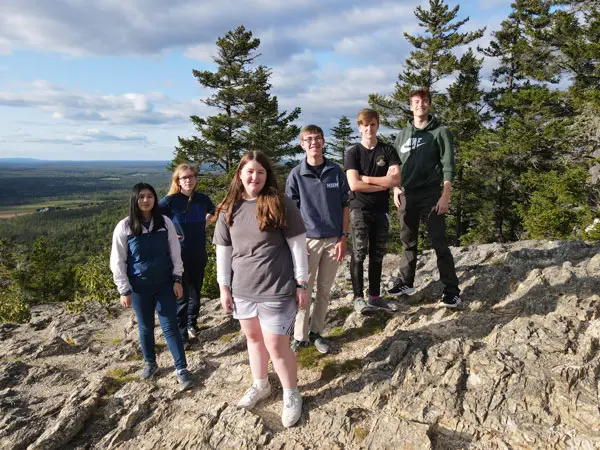
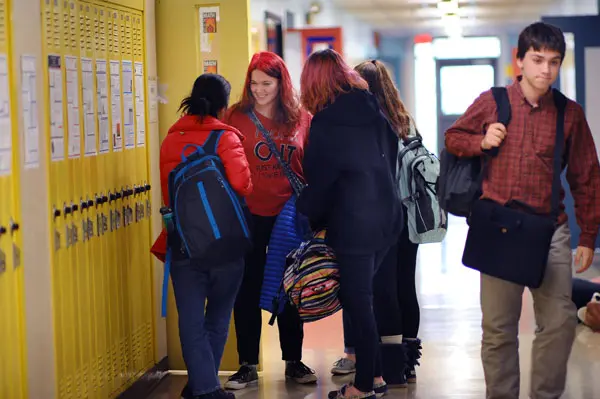
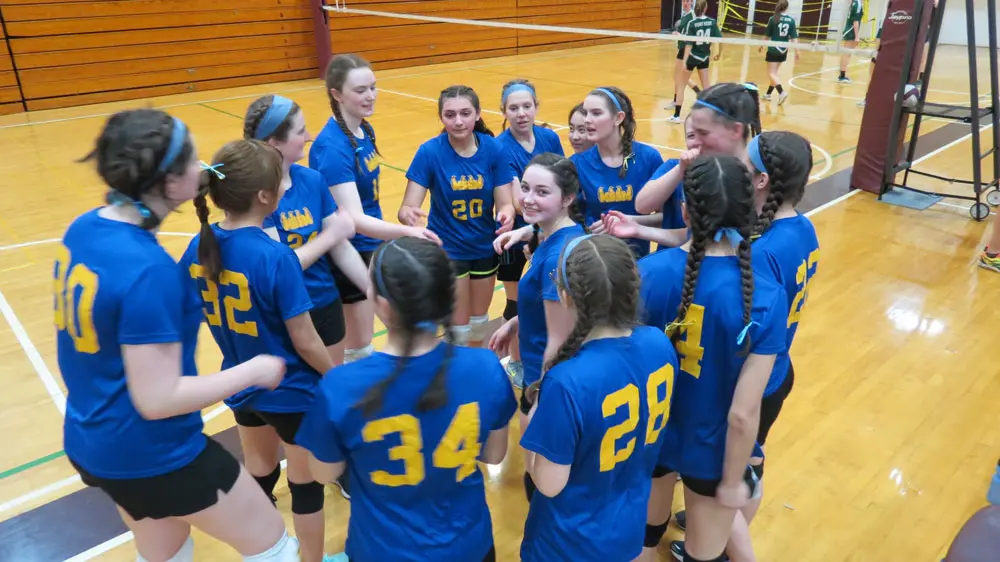
For Ociepka, the comradery available in the dorm environment far outweighed any issues that arose being away from home. “It was really helpful for me to realize that we were all in this together and all experiencing the same thing,” she says.
Students who make the difficult decision to leave home as young as 13 are often willing to take additional risks, such as trying new activities, many of which allow them to interact with the broader Limestone community. The MSSM Key Club’s 2025 projects included delivering handwritten cards to residents at a retirement home. An environmental club picks up trash around town. Ociepka’s book club visited Limestone Community School and read to students in pre-K through second grade. Living on campus also meant the club could meet to discuss their reading on snack-fueled Saturday nights.
Academically, Ociepka most appreciated the creativity that teachers were allowed when designing curriculum. In her junior-year plant-biology class, that meant spending two-hour labs outside in the woods. “We got to go for hikes and learn about all the plants that were right at our fingertips, physically touching and smelling them,” she says. “It was a lot more hands-on than you might be able to do at a traditional high school.”
This fall, Ociepka will attend the University of Maine, where she plans to major in environmental science and minor in English, with a goal to work outside in nature while fostering her love for reading. With her associate’s degree, she could graduate in as soon as two years.
The faculty and staff at MSSM hope to create more experiential opportunities for students. “We want to look at the model of education that we see being important in 20 years, rather than continuing the model of education that’s existed since the Industrial Revolution,” Constantine says. “We’re thinking about how, as a small, nimble, and academically free institution, we can create the smart, engaged, creative problem-solvers of tomorrow. I think there is huge potential for this model of public magnet boarding schools, and I’m just really excited to be here and to help grow this school.”



